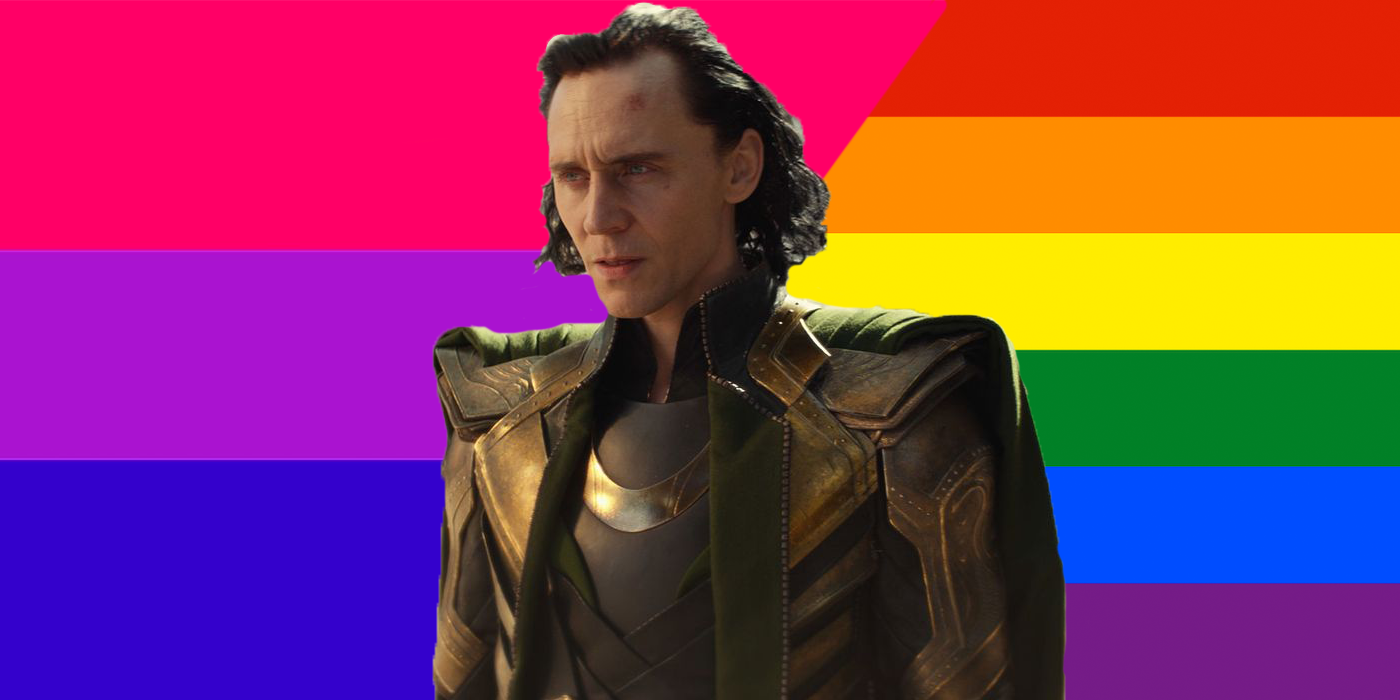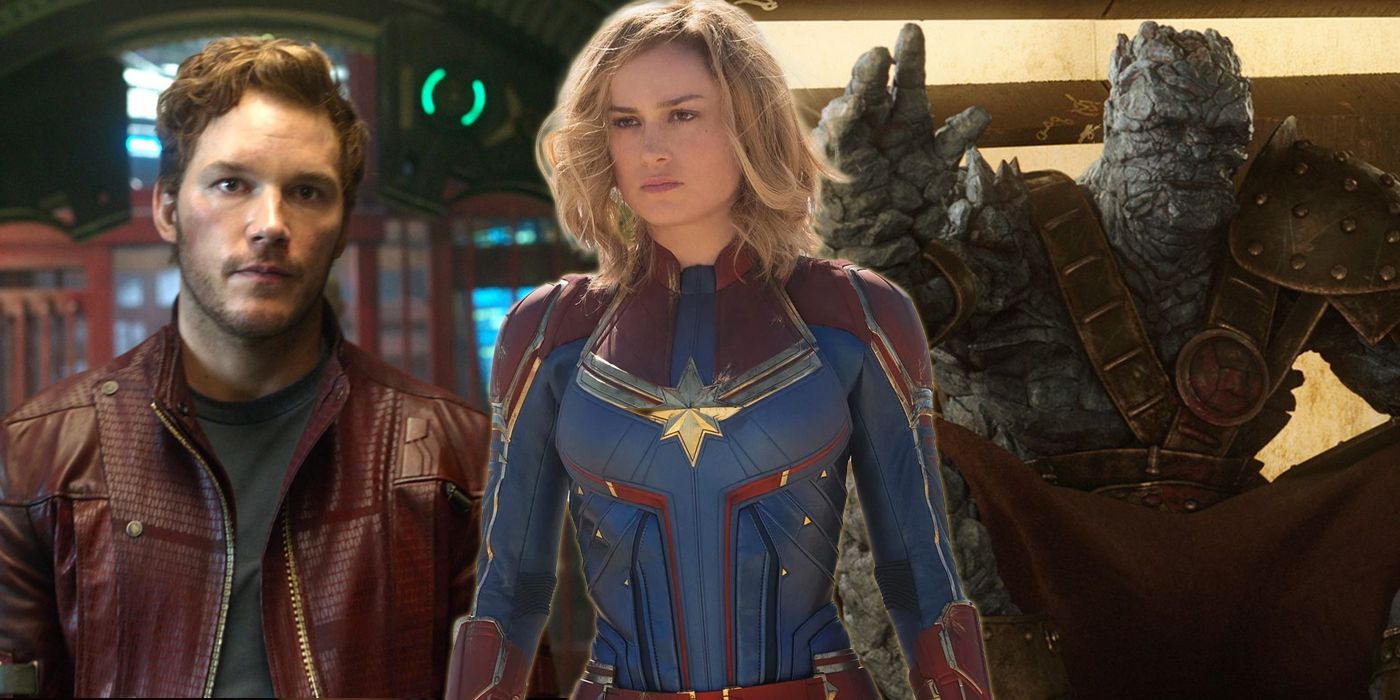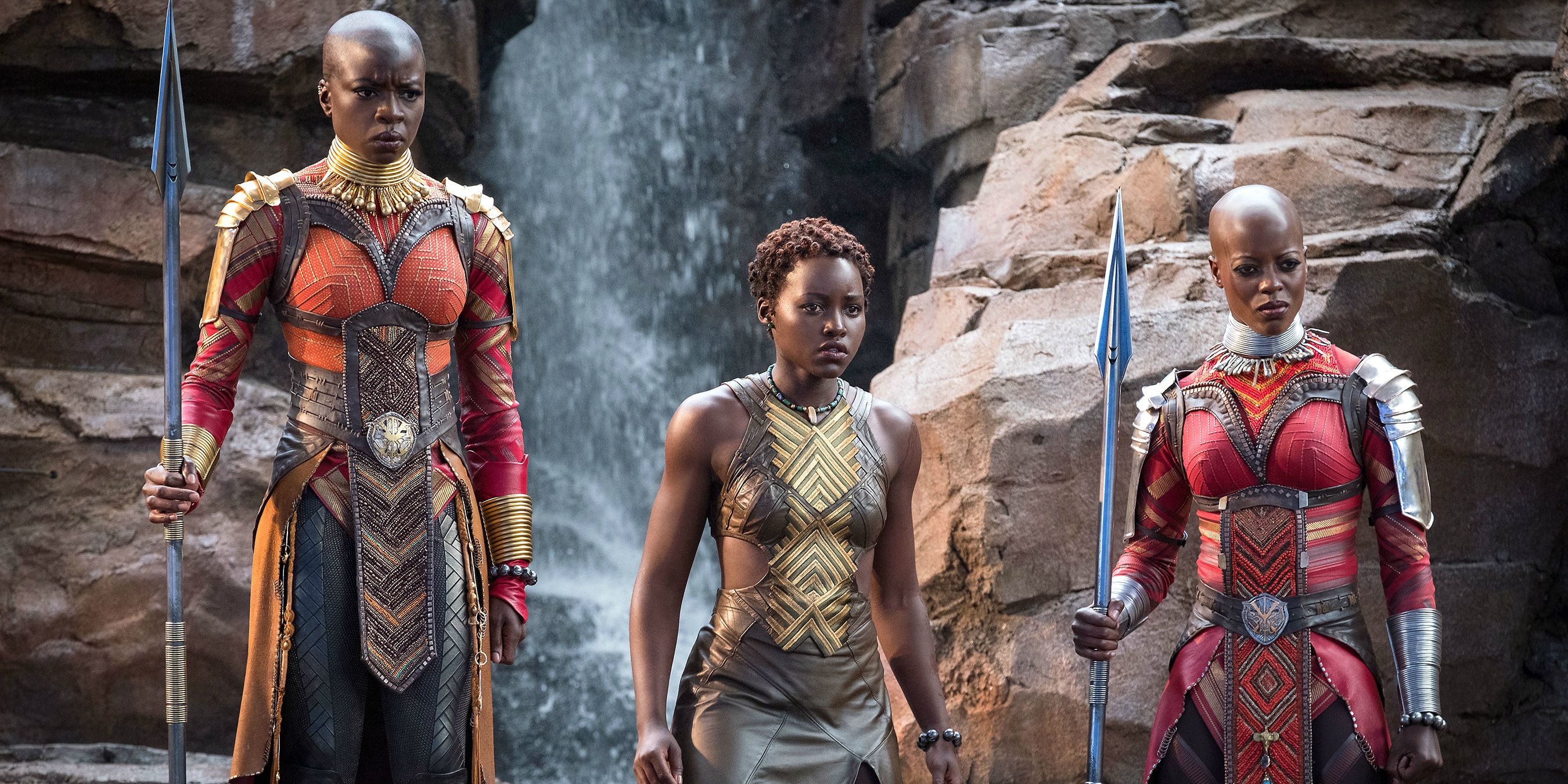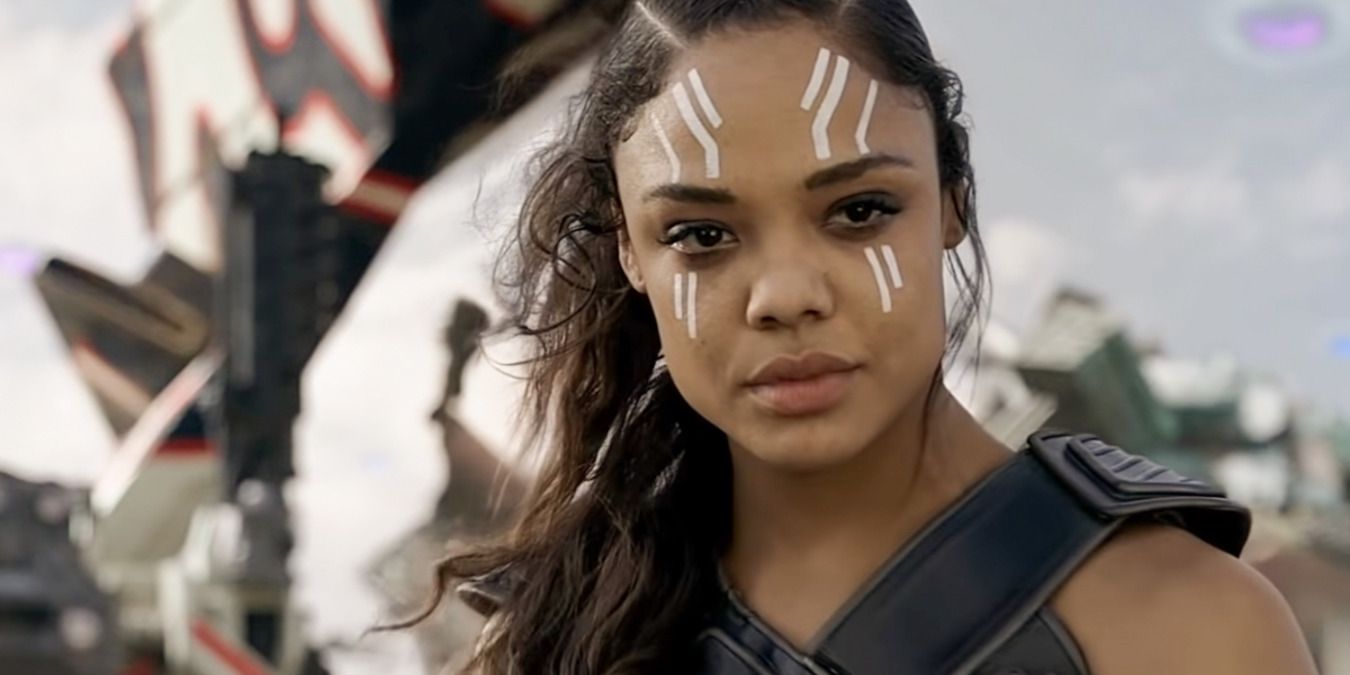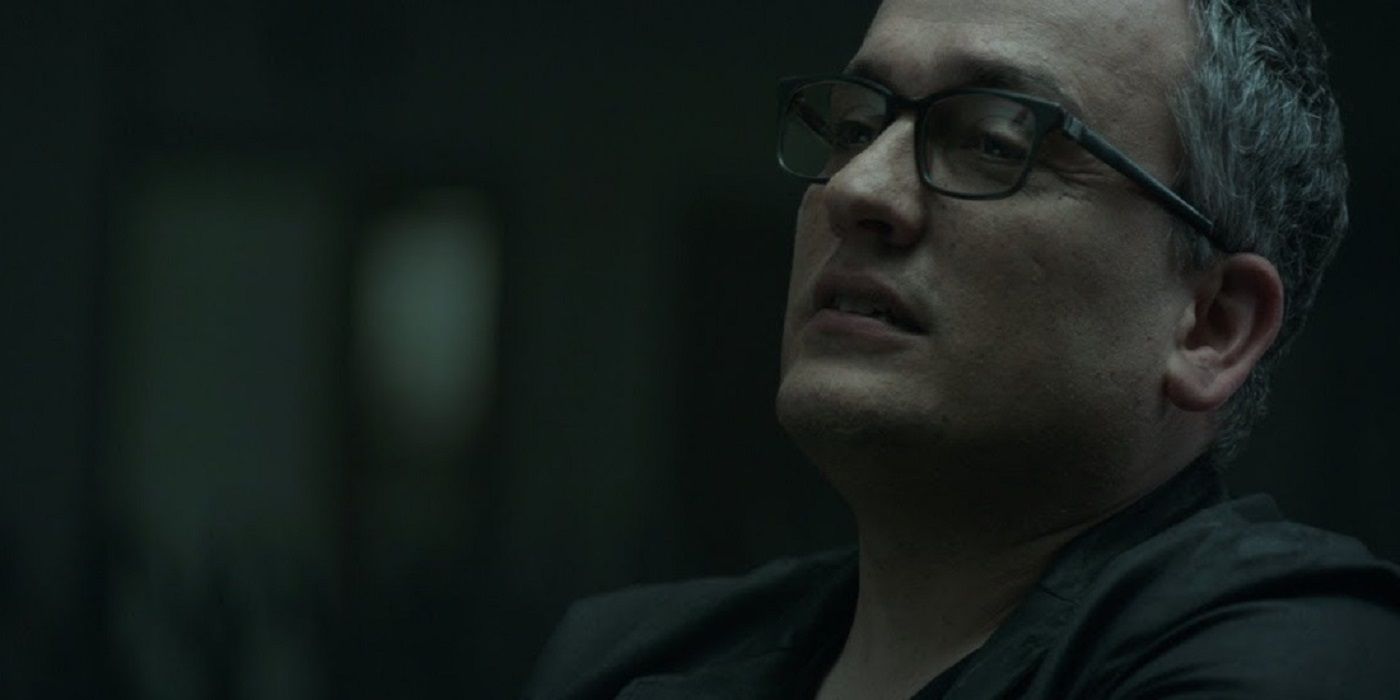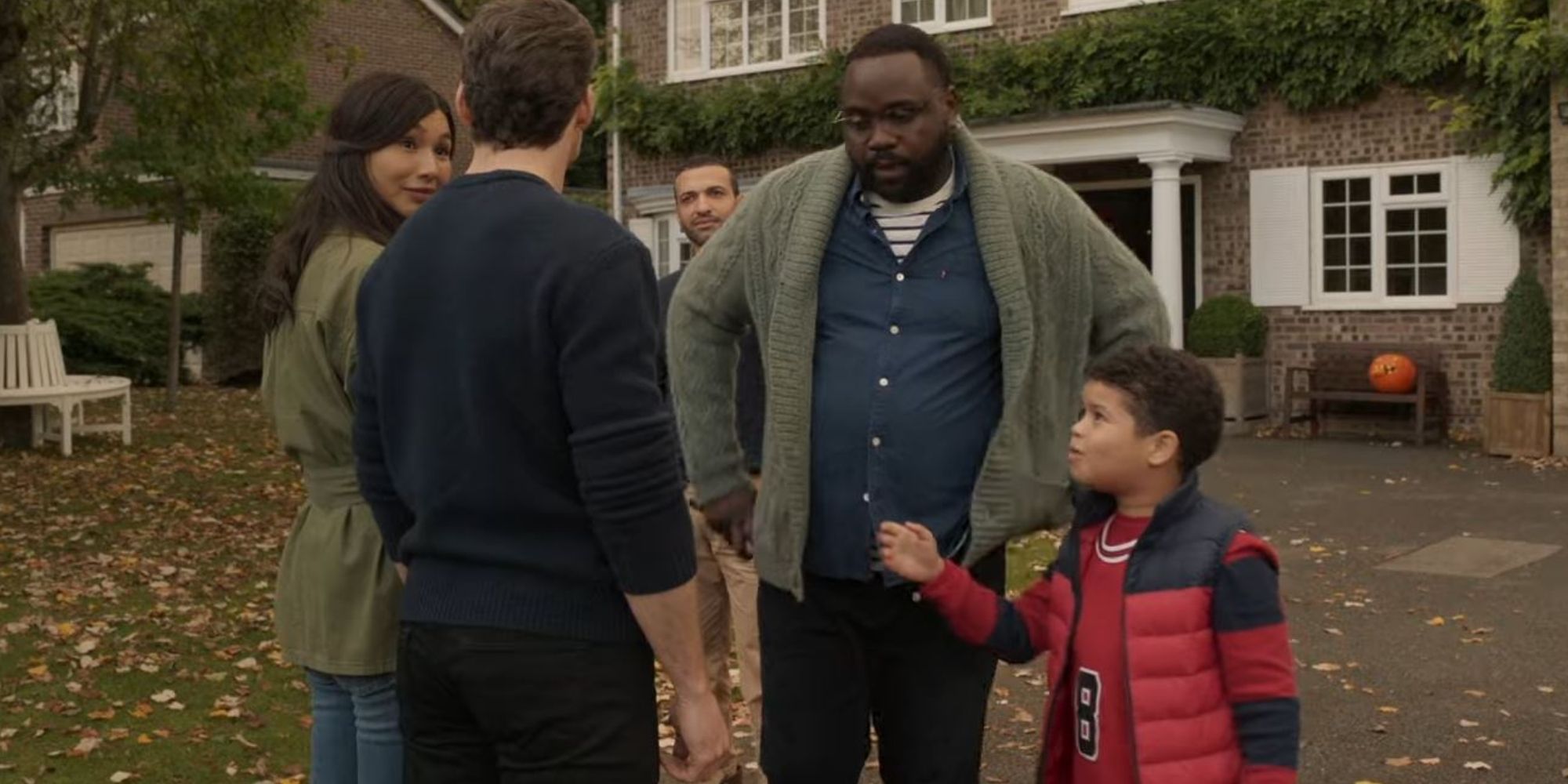Loki episode 3 acknowledged Loki’s canonical MCU bisexuality, marking a positive step forward following Marvel’s problematic history with LGBTQ+ representation in the MCU. The moment came in a conversation between Loki and Sylvie on a train as they discussed past relationships and, while the characters did not use explicit terminology in the scene, director Kate Herron followed the episode up with a tweet to confirm. The show already made headlines when eagle-eyed viewers spotted that Loki’s TVA file listed Loki’s gender as “fluid,” accepting the character’s nonbinary status from the comics, so this additional point easily solidifies Loki as the queerest part of the MCU to date.
While Marvel screen productions have included openly LGBTQ+ heroes in the past in shows like Agents of S.H.I.E.L.D. and Runaways, and the Netflix Marvel shows, they are not considered part of the canonical MCU for now. So, despite spanning over twenty movies and television shows prior to Loki, this is the first time the franchise has depicted any LGBTQ+ main characters. This is in stark contrast to the DC TV shows, which have become known for their wealth of LGBTQ+ representation.
Way back in 2018, Kevin Feige (president of Marvel Studios and Marvel’s Chief Creative Officer) promised in an interview with Playlist that the future of the MCU would include explicitly out LGBTQ+ protagonists. However, despite plenty of opportunities, it took until Loki’s 2021 release for those promises to be met. Here are all the times that the MCU missed an opportunity or came close to keeping that promise, and how that promise will play out in the upcoming productions.
Forgotten Identities: Various
While some are quick to complain about positive queer representation being added to the MCU, none of these identities are new to the canon. The comics are rife with heroes and villains who identify in a multitude of different ways. While the MCU has previously ignored Loki’s sexuality and gender identity before acknowledging them in Loki, there are several canonically LGBTQ+ characters that have already been adapted for the screen and have not had their identities confirmed, something many consider one of the MCU's major flaws.
Because of the nature of comics, there are different versions of many characters across different continuities and multiverse occurrences. These include a canonically bisexual Star-Lord, a lesbian Captain Marvel, and a gay Korg. While the MCU could acknowledge these identities at a later date, and not all of their movies have made room for romantic involvement of any sort, choosing not to have the characters be explicitly out in their previous media (despite there being straight and cis romantic plots within the MCU) feels like a conscious decision.
Almost: Okoye and Ayo
Ayo, portrayed by Florence Kasumba, first appeared in Captain America: Civil War before returning for Black Panther and Avengers: Infinity War. In The Falcon and The Winter Soldier, Ayo eventually gets a little more of the spotlight, but none of these representations depict her sexuality. In the World of Wakanda comic book series, however, she develops a romantic relationship with the general of the all-female Dora Milaje, Aneka.
Danai Gurira’s Okoye is a little more complicated. The original Okoye in the comics was not the general of the Dora Milaje and did not have the strong bond that is shown between her and T’Challa. The character depicted on screen appears to be a combination of the original Okoye and Aneka, who is absent from the MCU but holds the position in the comics that Okoye now fills in the MCU.
With a canonically LGBTQ+ character and another drawn from that character’s partner, it could have been easy for Marvel to include this queer relationship. Unfortunately, Okoye was shown in Black Panther to be married to a man, W’Kabi, instead. It is surprising how close the MCU came to at least a small nod to queer attraction here as there was reportedly a scene cut during production that showed Okoye and Ayo swaying in formation together and acting flirtatiously. While they missed this opportunity, Okoye’s marriage seemed to be over by the end of Black Panther, so who knows what future installments might hold for this couple.
Almost, But Coming Soon: Valkyrie
The Fearless Defenders comics made the Asgardian Valkyrie explicitly bisexual by putting her in a relationship with Anabelle Riggs, an anthropologist. While the movie version of the character, portrayed by Tessa Thompson, has avoided being explicitly out as queer, there are hints peppered in for those looking for them. Thompson was keen to play Valkyrie as LGBTQ+, and told Rolling Stone that during the death-of-the-Valkyries scene there is a shot of her falling back from a dying Valkyrie and said “In my mind, that was my lover" and later confirmed on Twitter that Valkyrie is bisexual.
It is once again surprising how close the MCU came to being more explicit (if in a subtle way) about Valkyrie’s sexuality. Tessa Thompson pushed hard on Thor: Ragnarok director, Taika Waiti, to portray the character as true to her roots. This led to them filming a scene showing a woman leaving Valkyrie’s bedroom on Sakaar. While they kept the scene in for as long as possible, it eventually went the same way as Ayo and Okoye’s flirtation scene and was cut for flow. However, Thompson has confirmed that Valkyrie will get to fully come out in her next movie, Thor: Love and Thunder, where she will get an explicitly LGBTQ romance as Valkyrie searches for a queen.
Barely: Joe Russo in Endgame
The MCU’s first openly gay character did not appear until Avengers: Endgame in 2019. A man in Steve Rogers’ support group casually mentions that he has been on a date with another man and the discussion focuses on the struggle of getting back out on the dating scene after the Snap. The inclusion of the explicitly out character was a huge step forward for the MCU, even if that character was merely a cameo role.
Co-director Joe Russo played the part himself, which presumably helped to ensure that it was clear the production team was behind the representation being included and helped to avoid it getting cut. Joe Russo made headlines with Endgame's gay character and talked extensively about the importance of representation at the time. Yet many in the LGBTQ+ community felt that the “blink and you’ll miss it” nature of the scene was too little too late and did not necessarily represent a fulfillment of Feige’s original promise.
Coming Soon: Phastos
Eternals, which hits theaters November 5, looks to be the next step in fulfilling Feige’s promise after Loki (although it is hard to say what other MCU series might bring in the future). One of the Eternals, Brian Tyree Henry’s Phastos will be an openly gay superhero and will be part of an LGBTQ+ family. Crucially, Phastos' husband and their children will be shown in the film, which is set to feature Marvel's first gay superhero kiss in the MCU. Feige has been keen to be clear that the character’s sexuality is just a part of who this character will be, saying “He's married, he's got a family, and that is just part of who he is," helping to stave off concerns that Phastos might become a two-dimensional stereotype. Interestingly, Phastos himself was not previously canonically LGBTQ+. The original character had a wife, but the comics did not explore his sexuality beyond that fact.
The latest Eternals trailer offers a closer look at Phastos' family. In it, his husband (played by Haaz Sleiman) and son Jack appear, with Jack animatedly telling Ikaris about seeing him use his laser eye powers while fighting on TV. Both Phastos and his husband look exasperated by their son, who is incredibly enthusiastic about meeting superheroes. This scene alone does more for LGBTQ+ representation in the MCU than any of its previous films or series. While fans shouldn't expect Phastos' family to feature too heavily in Eternals, the fact that they may have more than one scene with him, with Phastos and his husband also sharing a kiss, is a major step forward in a cinematic universe that has otherwise been lacking in having characters identify as LGBTQ+. Phastos is not only openly gay in Eternals, but he's got a life he's built with his husband, and that's huge for the MCU, hopefully indicating more of this representation in the future.
With the introduction of an explicitly queer Loki, an openly gay Phastos, and an upcoming LGBTQ+ narrative for Valkyrie in Thor: Love and Thunder, it feels like Feige is finally able to make good on his promise. It is hard to overstate how important representation of diverse sexualities and gender identities is, both for the LGBTQ+ community and to help people outside that community to understand the world around them. It feels safe to be optimistic that future films and television shows from the MCU will continue to build on this representation, not just with Loki, but with numerous others. Whether or not the MCU will continue on this path for better representation remains to be seen, but the films and series are taking tentative steps toward having more diverse sexualities than ever before.

